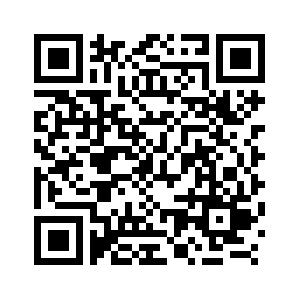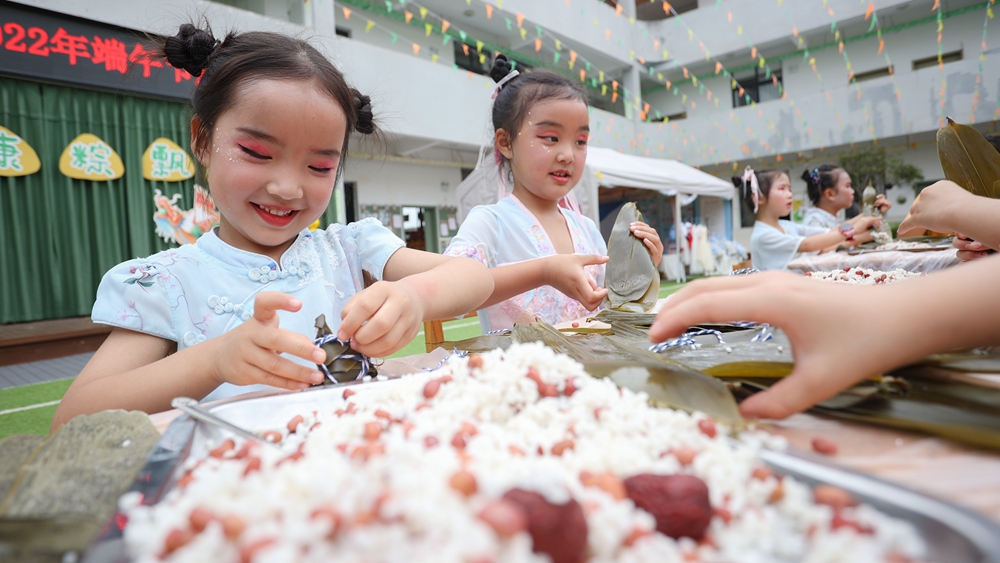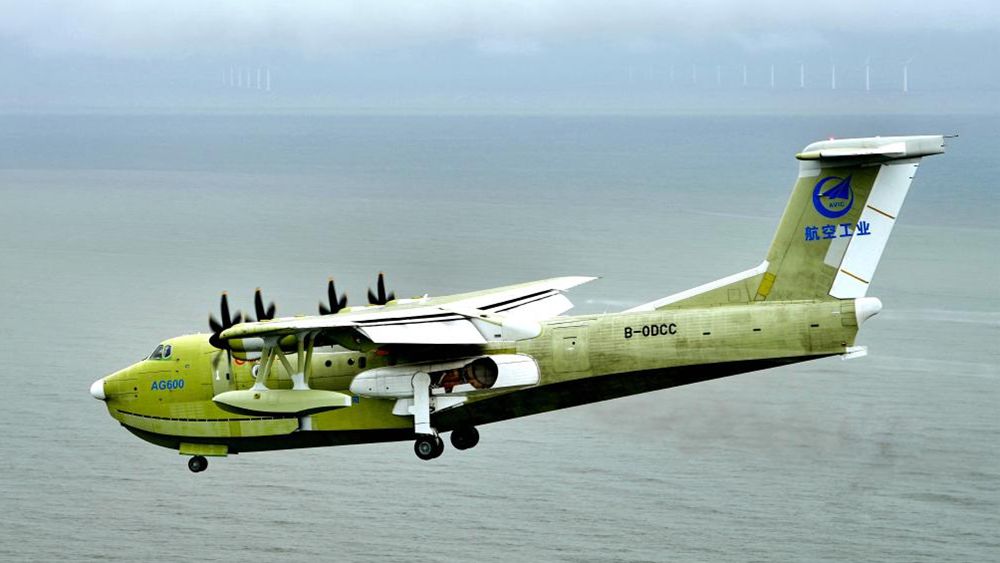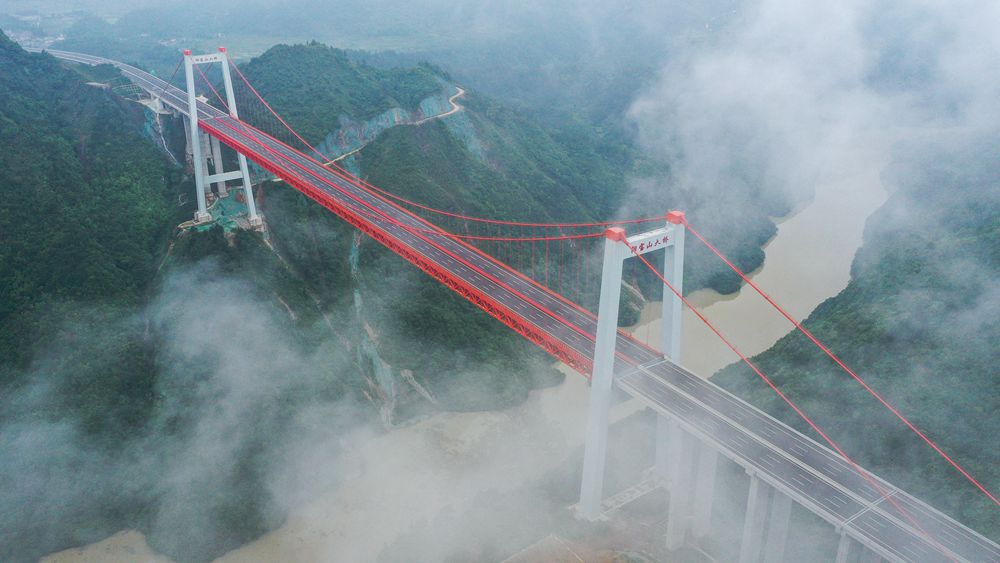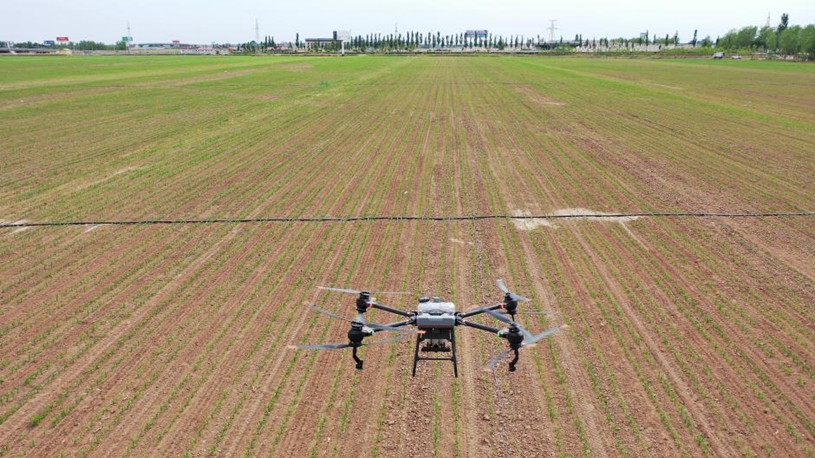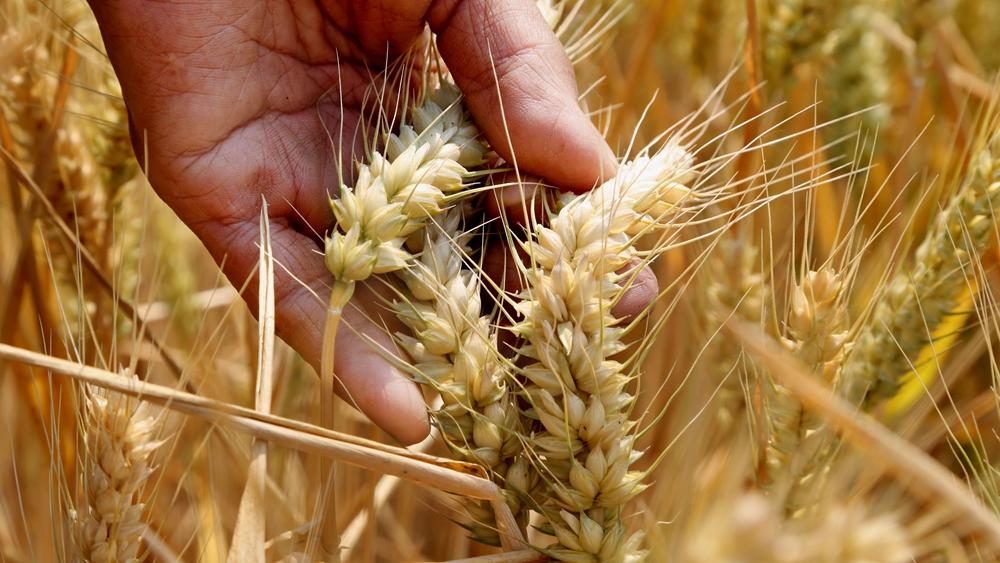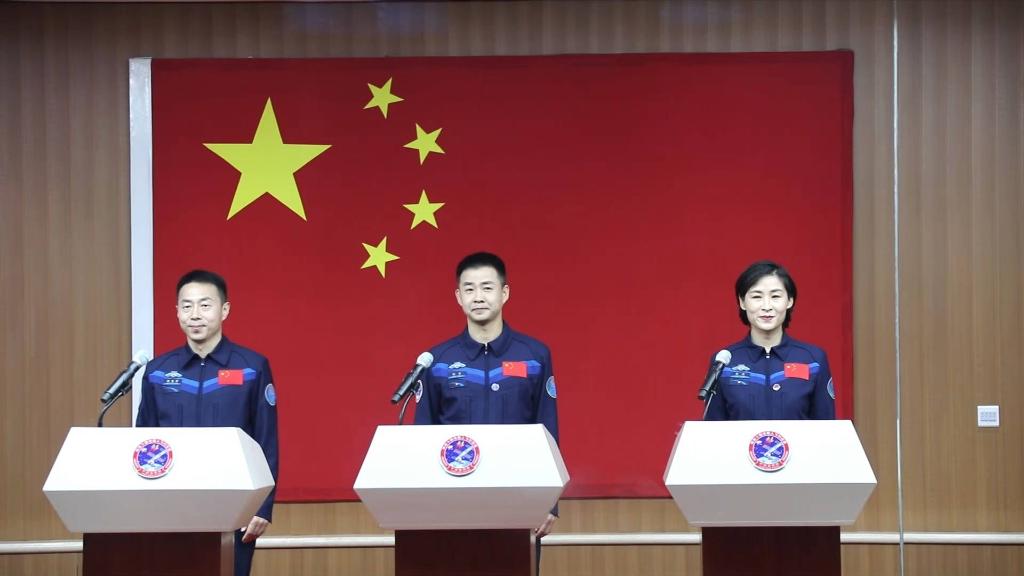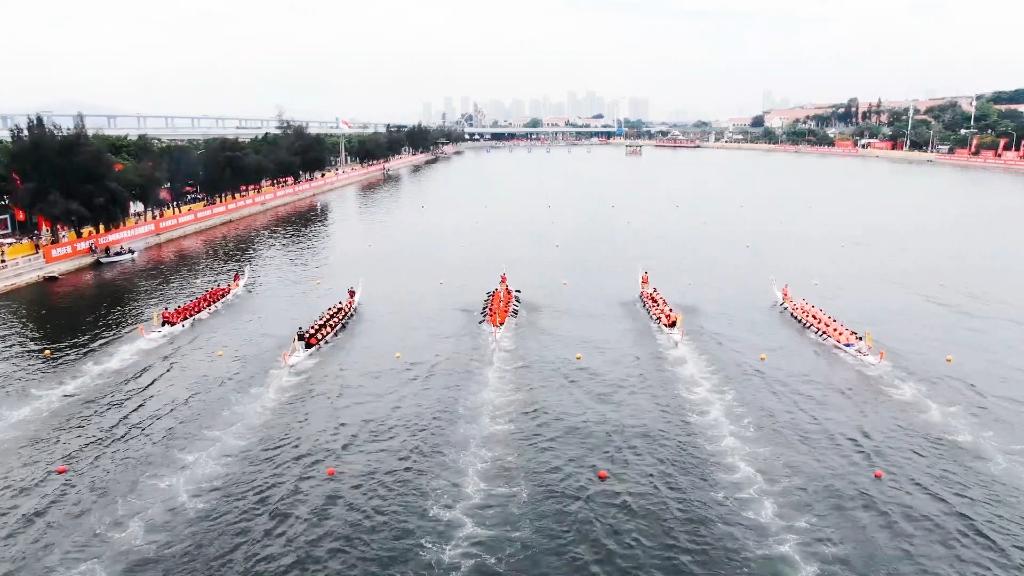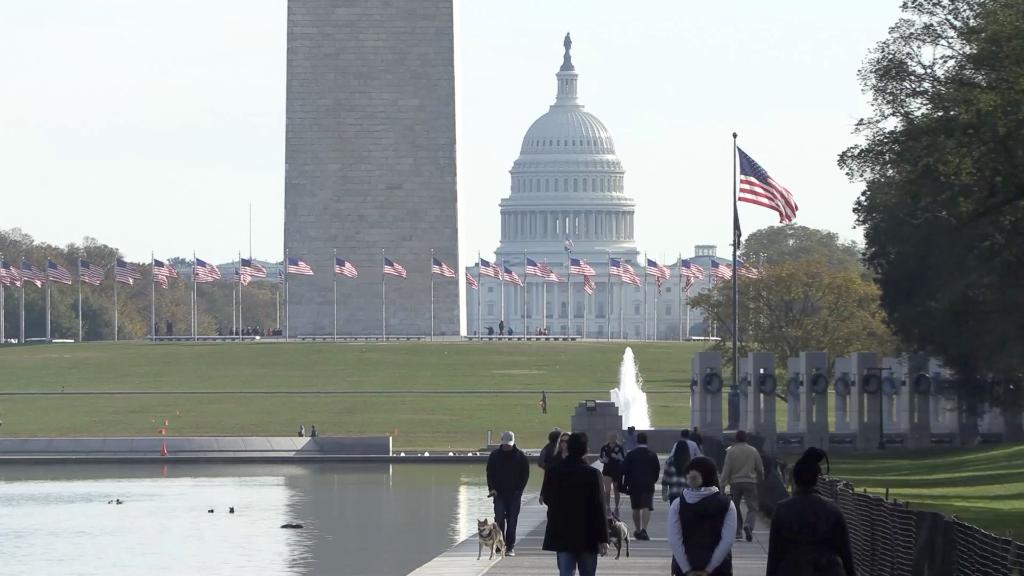
Chen Dong (C), Liu Yang (R) and Cai Xuzhe, the three Chinese astronauts for the upcoming Shenzhou-14 mission, meet the press at the Jiuquan Satellite Launch Center in northwest China, June 4, 2022. (Xinhua/Li Gang)
JIUQUAN, June 4 (Xinhua) -- Chinese astronauts Chen Dong, Liu Yang and Cai Xuzhe will carry out the Shenzhou-14 spaceflight mission, and Chen will be the commander, announced the China Manned Space Agency (CMSA) at a press conference Saturday.
Chen, born in 1978, once participated in the Shenzhou-11 crewed spaceflight mission, and Liu, of the same age with Chen, became China's first female astronaut in the Shenzhou-9 mission. Cai, born in 1976, is a newcomer to space.
"Although we three are relatively young, we are fully prepared, passionate and confident," Chen said while the trio met the press on Saturday. They have been working and training together for 12 years, which ensures tacit cooperation among them.
The Shenzhou-14 crewed spaceship is set to be launched on Sunday with a Long March-2F carrier rocket from the Jiuquan Satellite Launch Center in northwest China.
The three astronauts will stay in orbit for six months, and complete the construction of the Tiangong space station, with a basic three-module structure consisting of the core module Tianhe and the lab modules Wentian and Mengtian.
The three modules will form a more stable, powerful and well-equipped space station. "We will make good use of such a platform to carry out more complicated sci-tech experiments, so as to generate more achievements to serve the world and benefit all mankind," Chen said.
"Building China's space station is the dream of all Chinese people. We are so lucky and happy to see that the construction of the space home will be completed in our hands," Chen said.
According to Lin Xiqiang, deputy director of the CMSA, the Shenzhou-14 crew will witness the two lab modules, Tianzhou-5 cargo craft and Shenzhou-15 crewed spaceship dock with the core module Tianhe during their stay in orbit.
They will work with the ground team to complete the rendezvous, docking and transposition of the two lab modules with the core module, Lin said.
They will enter the two lab modules for the first time and help make the environment suitable for their stay, and will unlock and install a dozen of scientific experiment cabinets in the two modules.
China's Tiangong space station, designed to be a versatile space lab, is capable of accommodating 25 experiment cabinets for scientific exploration.
"Each cabinet is a small-sized lab in space, capable of supporting single subject or interdisciplinary research in space science experiments," said Lin.
The experiment cabinets installed on Wentian lab module can support experiments on life and ecology, biotechnology, and varying-gravity science research, according to Lin.
The Mengtian lab module will mainly support microgravity research, with experiment cabinets for the study of physics of fluids, material science, combustion science and basic physics. It also has cabinets for space technology experiments, said Lin.
The astronauts will also carry out relevant function tests on the two-module space station complex, three-module space station complex, large and small mechanical arms, as well as exit from the airlock cabin in the Wentian lab module, with the assistance of the ground team.
The crew will, for the first time, use the airlock cabin in Wentian to carry out extravehicular activities for two to three times.
They will experience nine space station complex configurations, conduct rendezvous and docking for five times, continue to give "Tiangong Class" series to students for science popularization and perform other activities for public good.
The trio will also carry out in-orbit health monitoring, protective exercises, in-orbit training and drills, space station platform inspections and tests, equipment maintenance, as well as station and material management.
The moment that Cai Xuzhe is most looking forward to is to see the completion of the space station construction after the docking of the core module Tianhe and the lab module Mengtian.
"I will try to adapt to the zero-gravity space environment and get familiar with our space home as soon as possible," said the new face.
The crew will celebrate China's National Day and the traditional Mid-Autumn Festival in space for the first time, with their best wishes to the country and to the Chinese people, said Liu Yang.
Late in their mission, the trio will rotate with the Shenzhou-15 crew in orbit, which means six Chinese astronauts will live and work together in space for a short period.
The Shenzhou-14 crew is expected to return to the Dongfeng landing site in north China's Inner Mongolia Autonomous Region in December. ■
